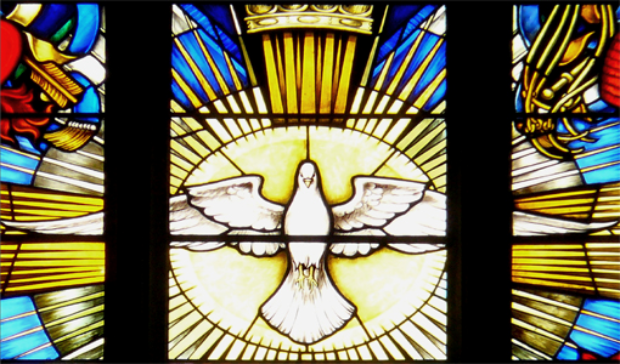How did you hear about Catholic Studies, and what prompted you to participate in the program?
Eugen: I previously obtained my B.A. in social work and my M.A. in political science at Timisoara Western University. I had a desire to pursue my graduate studies abroad, particularly in the field of theology and philosophy. I hoped to more deeply enter into contact with other cultures and educational settings, and so I began to look into programs. I became acquainted with the University of St. Thomas through a reference in Newsweek. Through the university’s Web site I discovered the program for Catholic Studies. The program attracted me both because of its interdisciplinary approach and its Catholic character. The university’s personal concern for my inquiries and other helpful assistance also meant a lot.
Talk about your native city Timisoara, and the state of the Church in Romania.
Eugen: Timisoara is characterized above all by its warm ecumenical climate. The city is the crossroads of many cultures, being as it is in the western extremity of Romania and historically situated on the border of many nations. Therefore, its ethnic composition is diverse, amounting to 12 different groups, including Romanian, Hungarian, German, Serbian and Jewish, among others; I am personally of Hungarian descent. There also is a broad spectrum of religious confessions. The Romanian Orthodox church is the majority religion in the country, but in Timisoara there also are Roman Catholics, Greek Catholics, Reformed, Baptists, Pentecostals, and as I stated before, a very small but important Jewish community.
How has growing up in such a culture affected your way of thinking?
Eugen: I think that an appreciation for diversity and a profoundly ecumenical spirit has been instilled in my character. Many of my friends are from different confessions, and we carry on in a very friendly way. The different religions in Timisoara are willing to cooperate with one another on many different levels, and the overall climate is one of mutual respect and charity. Let me give you an example: During the week for unity in January the entire religious community – Orthodox, Catholic, Protestant and Jewish – come together in mutual affection for prayer and fellowship. This is done every year, in a different church or house of prayer. This movement is led by Bishop Nicolae Corneanu, the Orthodox Metropolitan of Timisoara. The event helps us to better appreciate our oneness in Christ. This particular bishop, in fact, has been a model of charity for the ecumenical movement. In addition to spiritual and moral cooperation with other churches and denominations, he has made significant practical gestures, such as restoring to the Byzantine Catholics all church property seized by the government and given to the Orthodox Church during Communist rule. Such an act was unprecedented anywhere else in Romania.
Having been in the United States for a few months now, how have you gotten along in our culture?
Eugen: Since I had already experienced many elements of American culture (even in Romania), I was not shocked by anything. I was aware of certain elements of American society through other channels, and wasn’t surprised to see that the real America doesn’t exactly match up with the one portrayed through the media. One thing that pleasantly surprised me was the vibrancy of the Catholic lay community in the country, which is truly remarkable compared to some of the local churches in Western Europe.
And what direction do you hope to take in the future? Do you intend to continue your studies?
Eugen: Yes, I would like to obtain my Ph.D. in some interdisciplinary field – perhaps in political science and theology. Since my personal intellectual outlook is varied, I hope to continue my studies along the same line.







